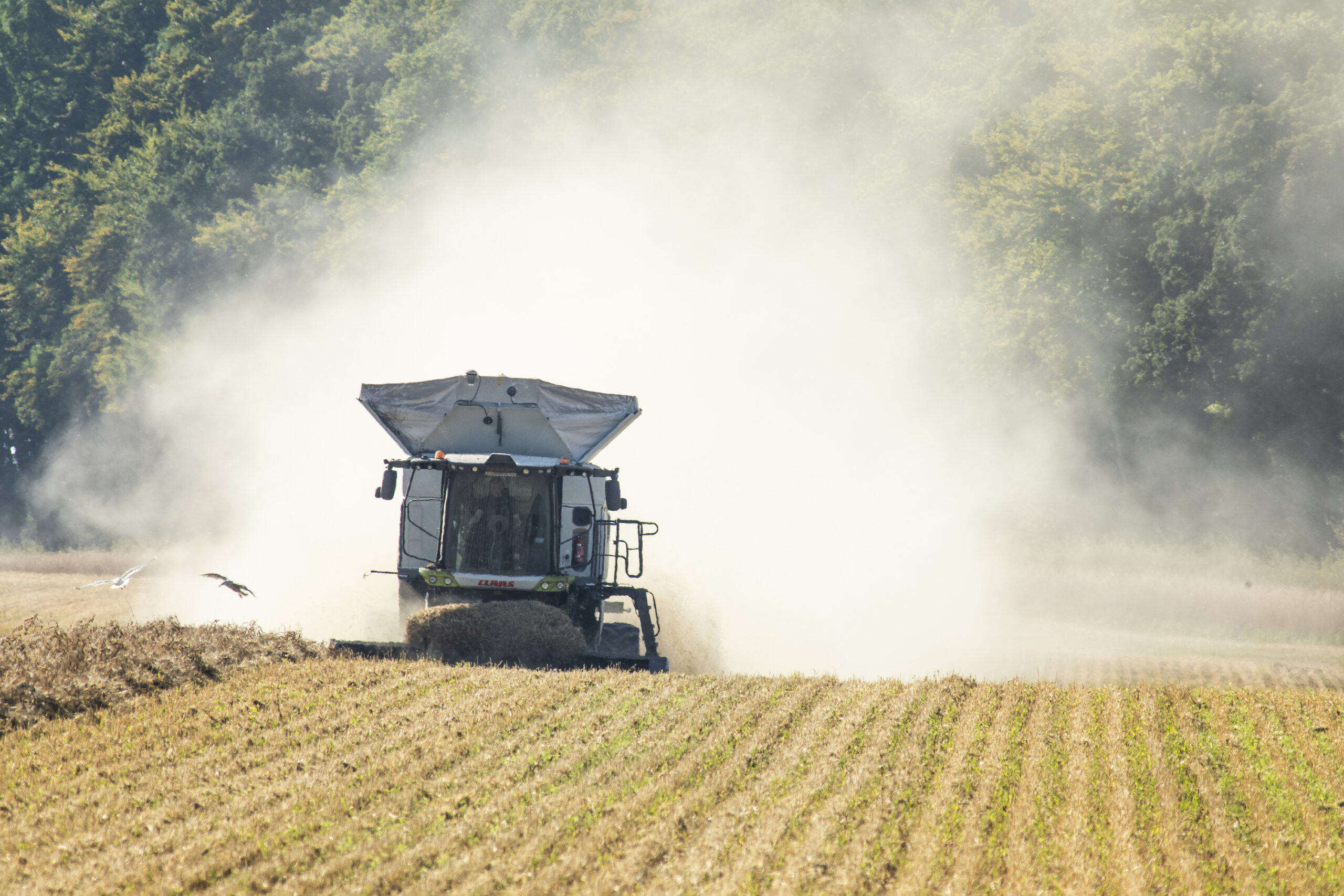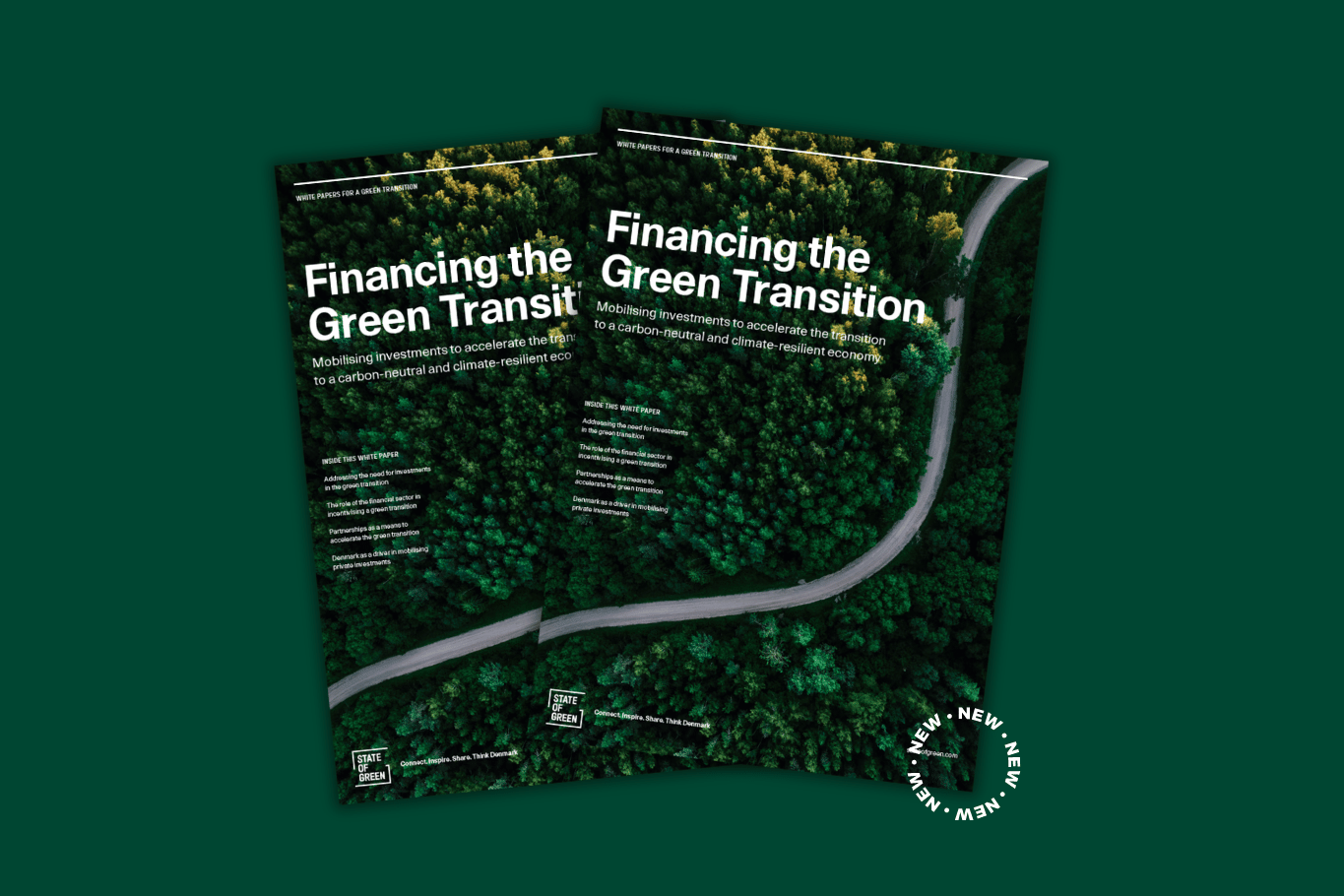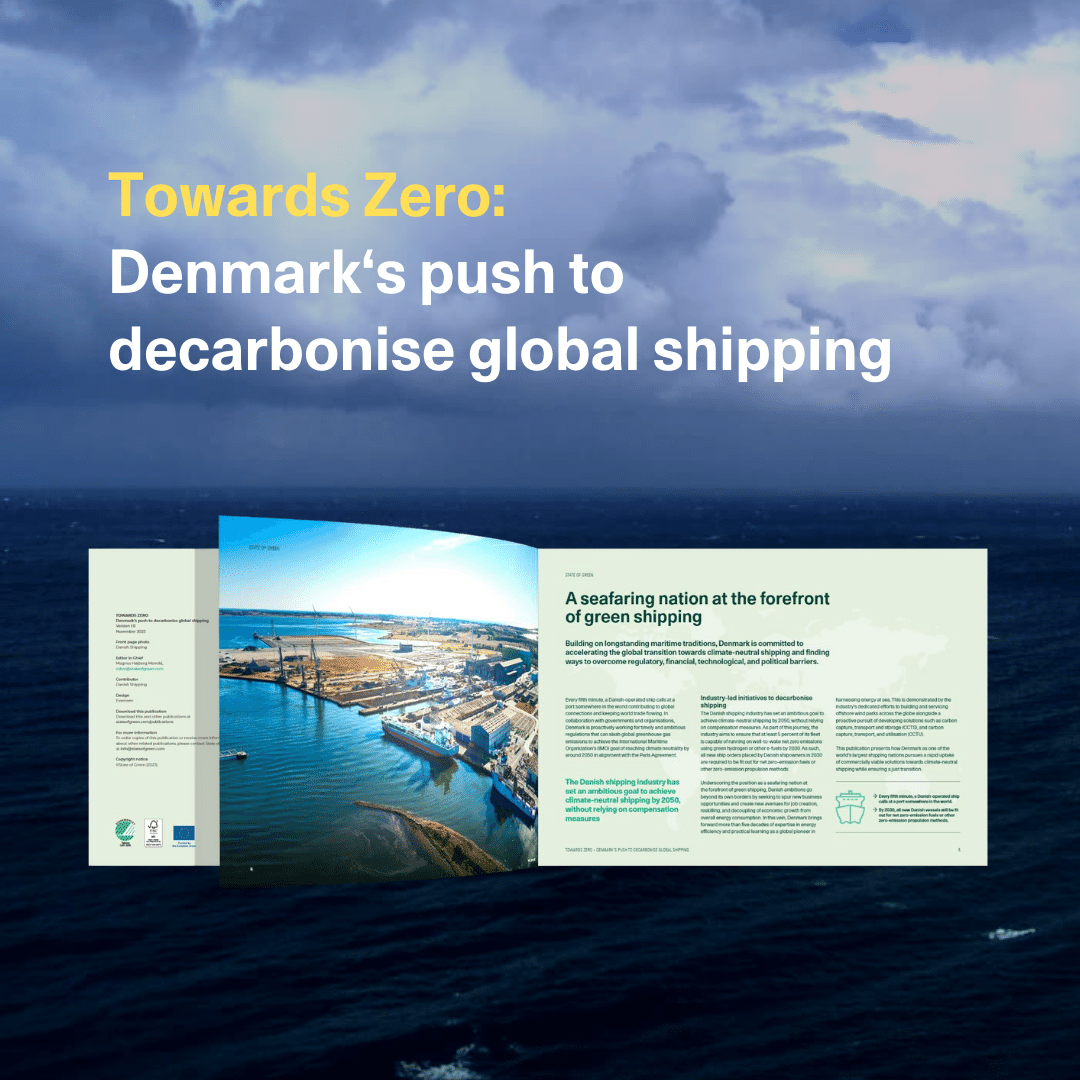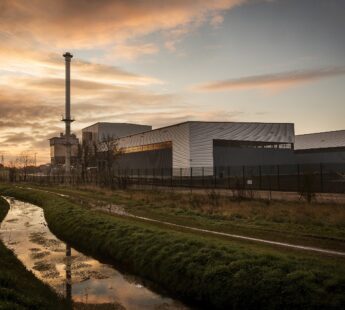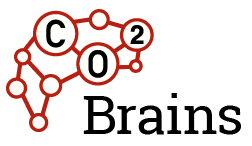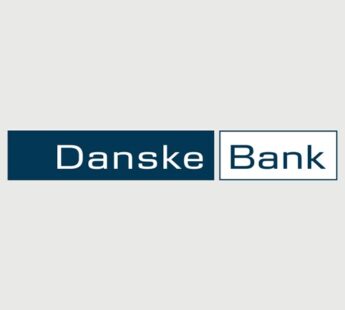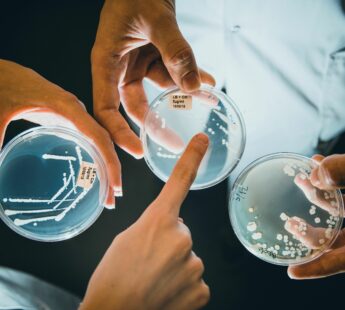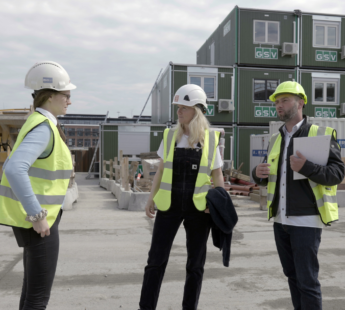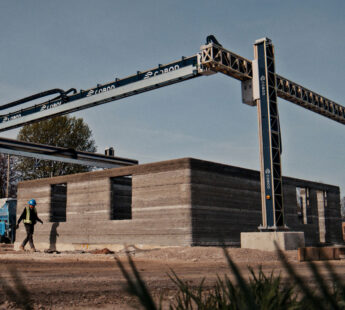Europe’s food system is responsible for one third of the continent’s greenhouse gas emissions and is critical for biodiversity and public health. With EUR 8.1M in funding, the comprehensive EU project, CLEVERFOOD, seeks to transform the European food system into one that is more climate-friendly, protects nature and biodiversity, and promotes public health across the European continent.
“Current and future crises, including climate crisis, food crisis, biodiversity crisis and health crisis are inextricably linked to the way we produce food. Thus, the time has come to make a radical change, where all EU countries make a concerted effort to transform our food system by making it more fair, sustainable, circular and plant-based,” Christian Bugge Henriksen, Associate Professor of the University of Copenhagen’s Department of Plant and Environmental Sciences.
For the next four years, Christian Bugge Henriksen will lead CLEVERFOOD together with his team from the Climate and Food Security Group at the Department of Plant and Environmental Sciences
Uniting the efforts of EU food system projects
Currently, there is insufficient coordination, collaboration and mutual learning between ongoing EU projects and initiatives relating to the necessary transformation of our food system. This, despite the huge potential for establishing synergies and maximize impact. In dovetail with government agencies, universities, industries, and interest groups across Europe, the comprehensive project aims to foster cooperation, coordination and synergy among existing, emerging and future EU projects focusing on food system transformation and linking with the EU Food 2030 Policy Framework:
“The purpose of CLEVERFOOD is to bring all of these existing projects together. Many good initiatives are already underway in the EU, such as ones that work to reduce agricultural emissions and promote biodiversity and health. However, they are fragmented and don’t cooperate across the board. Collaboration is at the heart of it all if we truly seek to effectuate change,” Marin Lysák, PhD of the University of Copenhagen’s Department of Plant and Environmental Sciences.
Politics and public engagement
In addition to cooperation, one of the project’s major focus areas is legislation and advocacy, paving the way for common EU policies that support sustainable food systems. For example, high debt-to-income ratios across all European food system actors hinder farmers and food innovators adopting new technology and practices needed to transition to a circular, low carbon and a more plant-based future. At the same time, information and educational outreach for EU citizens seek to to expand public awareness about healthy and sustainable foods choices to increase consumer demand for plant-based foods.
“To succeed in transforming the food system, we also need to get citizens on board. Empowering, educating and mobilizing citizens to change their diets and contribute to changing our food system is imperative. In order to do this, CLEVERFOOD will support the cross-cutting efforts to include more regenerative, resilient and plant based food production and consumption,” Marin Lysák, PhD.


